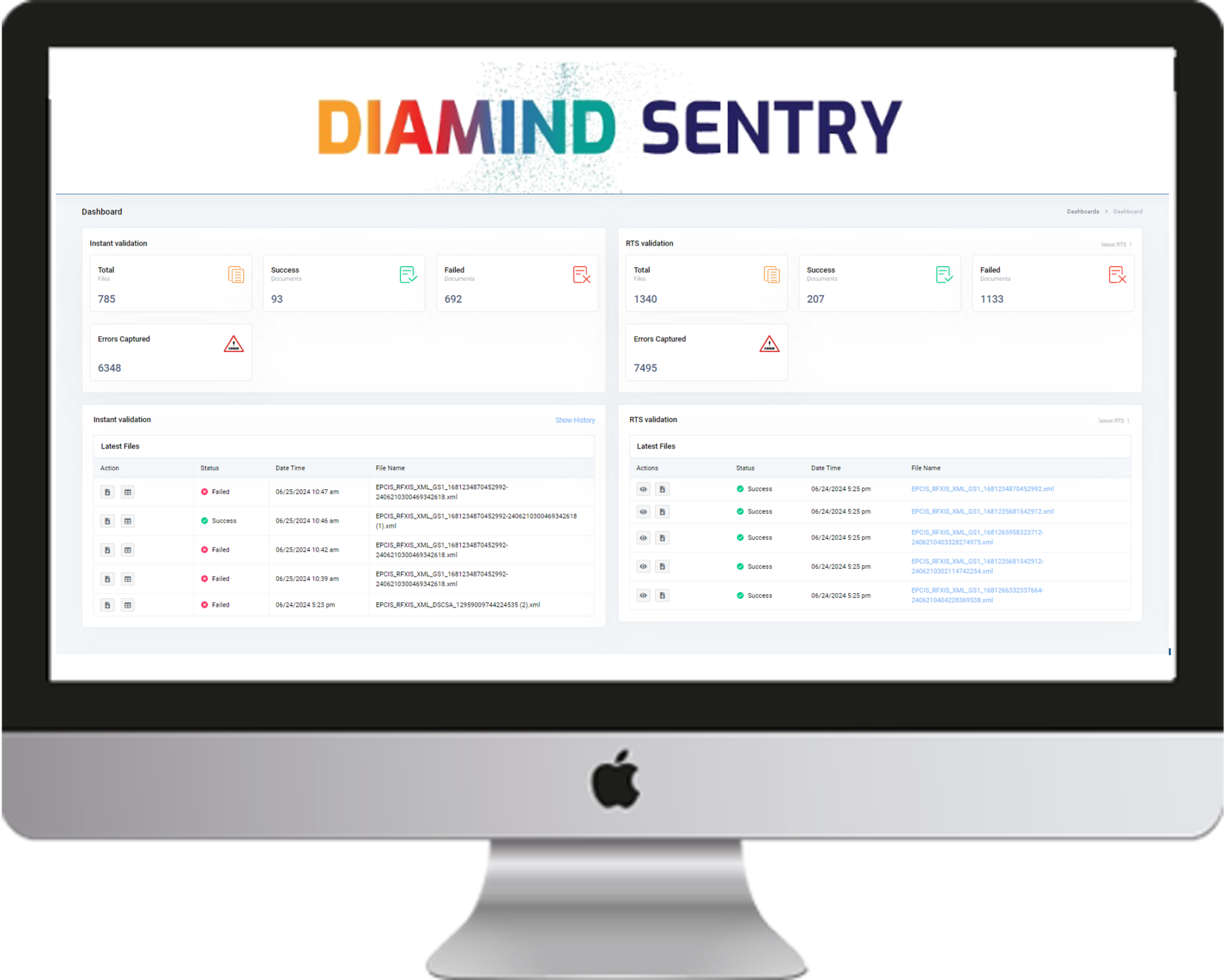Here we are as an aggregate of the Rx supply chain entities and solution providers now more than 10 years out from the inception of DSCSA, and find ourselves marching through yet another year of grace as the “Stabilization Period” is slipping away. Many are at other personal milestones such as 10 cups of coffee per day wondering if we’ll ever be ready as an industry to fully meet the DSCSA requirements as mandated.
It should be noted that this is all a great paradigm against old ways of working from a data and process perspective. Change is painful – change is hard.
In the spirit of “never say never”, whilst the industry ramps up the volume of EPCIS data transactions and accompanying physical shipments, a team has been silently plodding away fighting the good fight against exception management for the benefit of all in their aspiration of sharing valuable insights and outcomes from their efforts. It’s high time their silent efforts be showcased for deserved recognition.
Being clear in the challenge presented by exceptions, they will be ever present ongoing – they are inherently within the nature of the beast of supply chain management. In order to address the DSCSA EPCIS data and physical exception challenges in a scalable and sustainable fashion – the devil is in the details.
End-to-End Testing Overview:
Antares Vision, through its subsidiary rfxcel, is embarking on a groundbreaking End-to-End Exception (E3) testing initiative, in collaboration with esteemed industry leaders, including Sanofi, Axway, Option Care Health, and Movilitas Cloud. This initiative dives into the details and aims to establish new industry protocols for exception handling by leveraging a novel collaboration mechanism and integrating physical and digital testing methodologies.
Key Innovations:
- Establishing New Industry Process Standards: Collaborate with customers and solution providers to set transparent and accessible standards for exception handling.
- Utilizing Novel Collaboration Mechanisms: Introduce a new collaboration mechanism and leverage an open contact list provided by NABP to access vendor and supplier contact information.
- Efficient Error Resubmission Mechanism: Develop the ability to resubmit only the error detail, based on GS1 standards, to enhance
efficiency and reduce redundancy in data submission processes. - Comprehensive Testing Including Dispensers: Include dispensers in the testing phase to identify a larger list of exceptions and ensure a thorough and comprehensive E2E supply chain testing process.
Testing Methodology:
The testing will involve a combination of physical and digital testing, facilitated by rfxcel’s provision of barcodes and coordination efforts. This multidimensional approach will enable comprehensive testing of systems’ capabilities and facilitate the identification of potential exceptions across the supply chain.
Outcome:
Through this collaborative effort, Antares Vision and its partners aim to drive industry-wide improvements in exception handling processes, ultimately enhancing efficiency, transparency, and compliance in the DSCSA supply chain.
Good luck, Godspeed, and thanks for your efforts from the Rx supply chain at-large!





